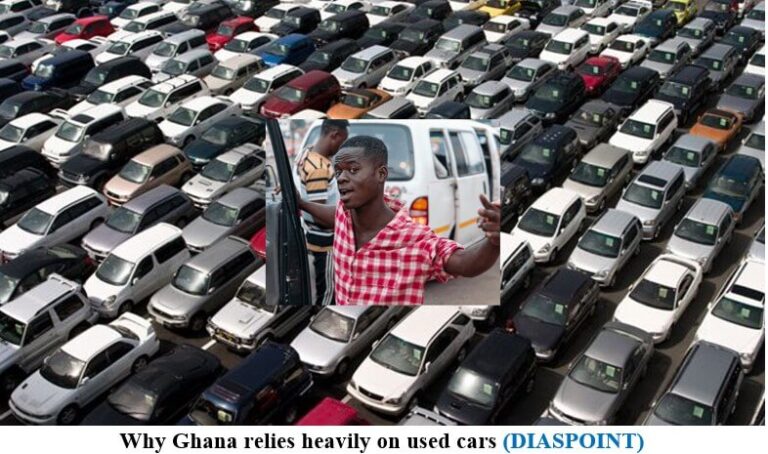African countries face US dollar shortages due to disrupted exports
Several African countries, including Kenya, Egypt, Zimbabwe, Nigeria, Ghana, and Zambia, are currently facing shortages of US dollars.
A number of African countries, including Kenya, Egypt, Zimbabwe, Nigeria, Ghana and Zambia, are currently experiencing shortages of US dollars. The dollar is the dominant currency in international transactions. These countries rely on the US currency to pay for foreign debts, essential goods and industrial inputs. Development economist Christopher Adam explains to The Conversation Africa’s George Omondi what causes US dollar shortages and how they can be remedied.
What is a dollar shortage?
Global trade is conducted in the currencies of the world’s major economic powers, principally the US dollar, the European Union’s euro, the Japanese yen and, to a lesser extent, the Chinese renminbi and the UK’s pound sterling. Individuals, firms and government elsewhere in the world need these currencies to import goods and services and make other payments overseas.
A dollar shortage is simply a situation where the demand for this foreign currency exceeds the available supply, at the current exchange rate.
Depending on how the exchange rate is determined, a dollar shortage will present itself in different ways.
In countries operating a fixed exchange rate regime – where the national currency is pegged to a hard currency – the shortage may be physical. The banks that normally supply their customers with dollars may simply have none to sell or are forced to ration their limited stock.
But most countries today operate some form of flexible exchange rate. Their central banks don’t intervene in support of a particular exchange rate. Here, there may be no actual shortage. Dollars may still be available but can only be purchased at a higher cost. There’s a shortage only in the sense that the same amount of domestic currency buys fewer imports.
Even with a fixed exchange rate, dollars can usually be obtained on the parallel or black market, though at a less favourable exchange rate. It takes more of the domestic currency to buy the hard currency.
The domestic currency’s loss of value against the US dollar is often taken as an indicator of the severity of the dollar shortage.
What causes the shortage and what are the impacts?
The immediate cause of a dollar shortage is a deterioration in the country’s balance of payments, meaning a country’s financial transactions with the rest of the world. This might be due to some unexpected event like a natural disaster that destroys a country’s dollar-earning tourism sector. It could also be due to increased demand for essential imports such as food and medicines. Other causes include an increase in debt service payments falling due and a fall in remittances from workers abroad. The worsening balance of payments may also reflect deterioration of the country’s terms of trade meaning the value of what a country exports relative to what it imports.







